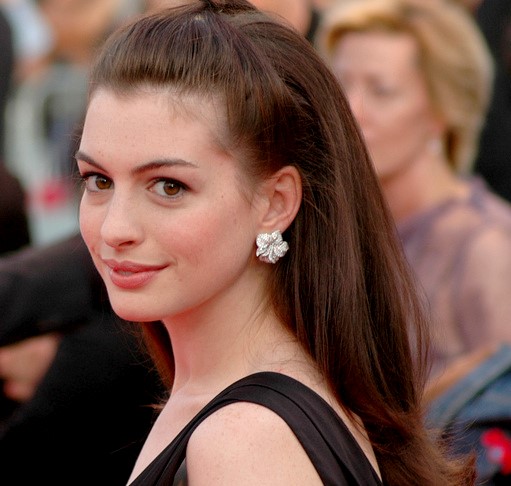By AILEEN BURKE
Executive Editor
As a journalist, I was so excited to hear about Amazon Prime’s new series “Modern Love.” Not for its all star cast, or for its web stream-ability, but for the source material.
Prime’s latest hot show release is based off of a weekly column from the New York Times of the same name. Although there is a lot of buzz around the people who are telling these stories on screen, I was so excited to learn that creative minds found such inspiration in the news.
The column has also served as the basis of a rather popular four year-old podcast of the same name, where popular celebrities read personal essays that have been published in the physical paper.
The Times freely shares that the column has grown and changed over its 15 year lifespan, and the excitement of this recently released show will prove to be no exception. It seems to be the perfect way for the forum to celebrate its 15 year anniversary of sharing these stories that the Times’
These essays are shared by different readers with compelling stories of love, growth, loss, and everything that comes with these moments. “Modern Love,” in all of its forms, deals with the trials and tribulations of being human, and the reality of a human being letting themselves feel.
Although the show is sometimes uncomfortable, love really is too.
Essays selected for curation in the Prime series span a wide variety of relationship types and romantic escapades. “So He Looked Like Dad? It Was Just Dinner, Right?” addresses psychology and ageism, ageism also being a topic of romance addressed in “The Race Grows Sweeter Near Its Final Lap.” There are stories told in this curation that are not even close to being represented in mainstream media, nor are they typically part of the inclusion conversation.
One of the most interesting episodes of the Prime series is taken from one of the more popular essays being featured in the series. “Take Me As I Am, Whoever I Am” stars Anne Hathaway as a woman, more specifically an author, living and dating with bipolar disorder. The story addresses the challenges and cited instances from the essay.
There is also great diversity in the actors that play on the show, which adds to the richness of the collection of stories. No one perspective triumphs in the content or on the screen itself.
“Modern Love” ultimately honors the sources of each episode; any true journalist or New York Times aficionado can appreciate that.


